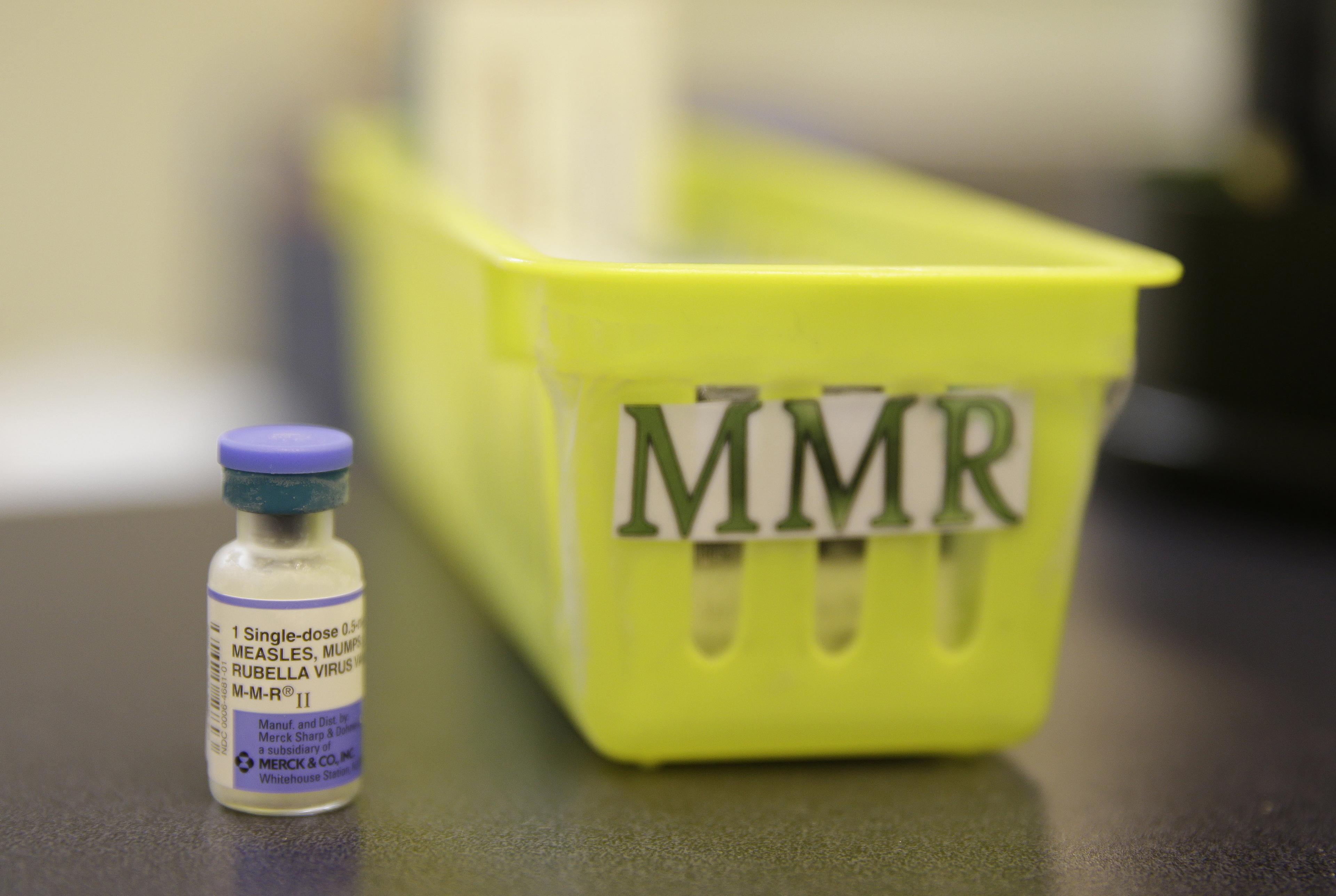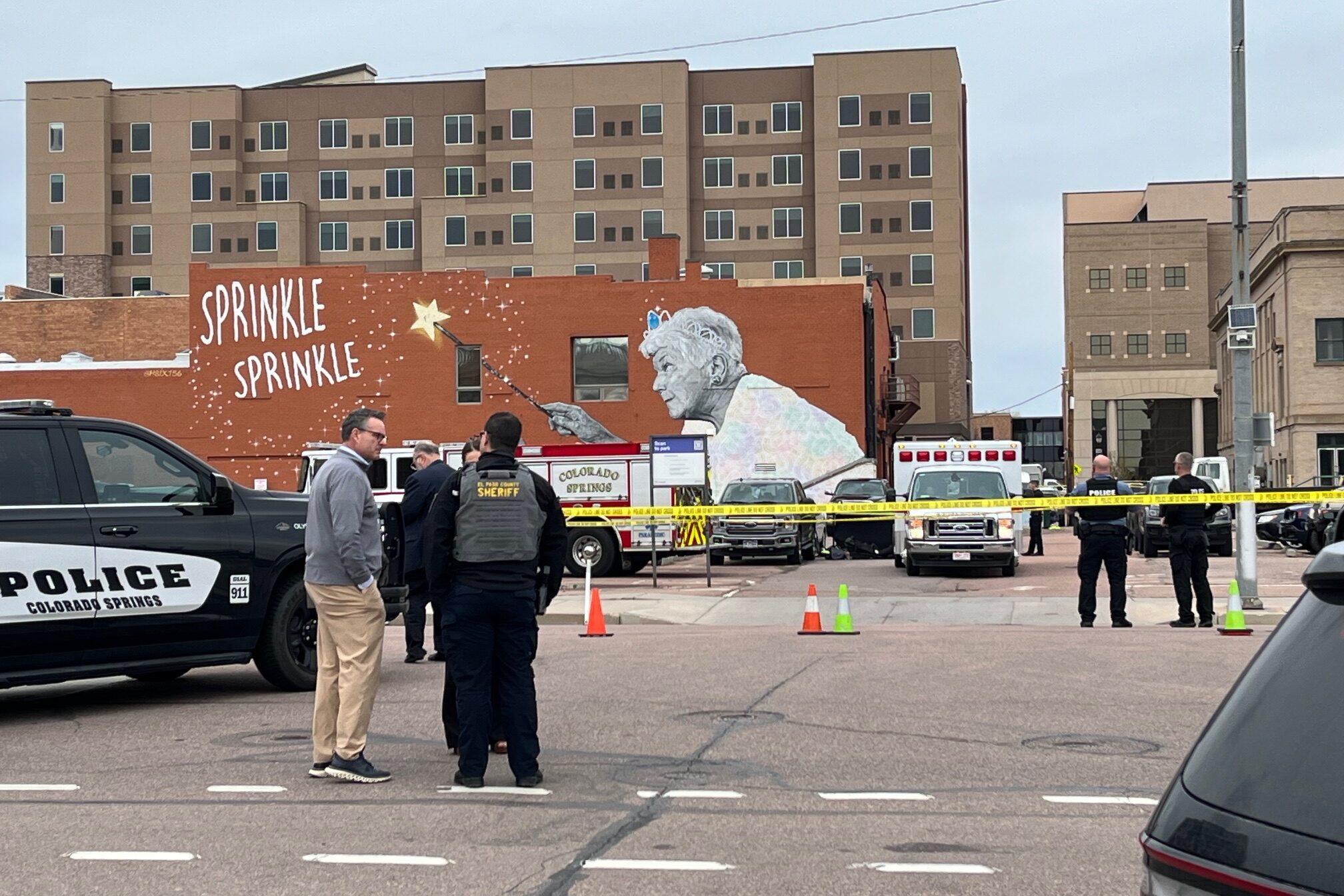
When Corlyn Jones of Denver got her HIV diagnosis, she says the doctor told her "one of two things would happen in the next two years: I would be dead or there would be a cure."
She received that news in 1985. Jones is now 56 and there's still no cure.
Jones shared her story for a project called "Staying Positive." It's organized by the Rocky Mountain office of StoryCenter, a nonprofit that helps people and communities tell their stories.
Over the last year, StoryCenter worked with 20 metro Denver women living with HIV and AIDS. On Dec. 1, World AIDS Day, the nonprofit premiered a documentary about the project at the SIE Film Center in Denver.
In the next phase of the project, StoryCenter will focus on helping long-term survivors of HIV document their stories.
The project comes as Denver is more than a year into an initiative to end AIDS as a public health threat in the metro by 2030. In this push, the city has some big goals for the new year, including finding individuals diagnosed with HIV who have fallen out of treatment and helping them re-engage with care, and continuing the fight to eliminate stigma around HIV, HIV testing and HIV prevention.
In collaboration with the International Association of Providers of AIDS Care (IAPAC), Denver launched a "Fast-Track Cities Dashboard" over the summer, which tracks progress and provides resources for people diagnosed with HIV.
In the first year of the initiative, the city has achieved two of the three major milestones in what's called the "90-90-90 targets."
"Thus far, Denver has reached the target of having 90 percent of people living with HIV know their HIV status, as well as the target of having 90 percent of those in HIV care with suppressed viral loads," says Dr. Sarah Rowan, associate director of HIV and Viral Hepatitis Prevention at Denver Public Health.
Dr. Rowan spoke with Colorado Matters host Ryan Warner.
Watch stories from "Staying Positive":
For more stories, click here.









